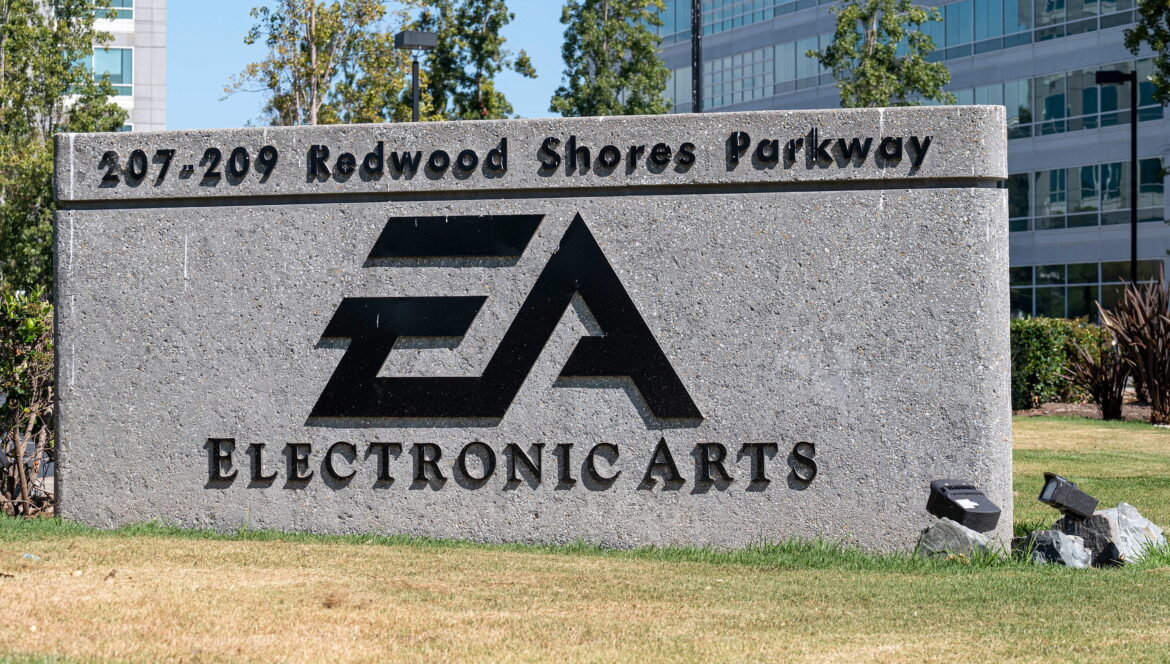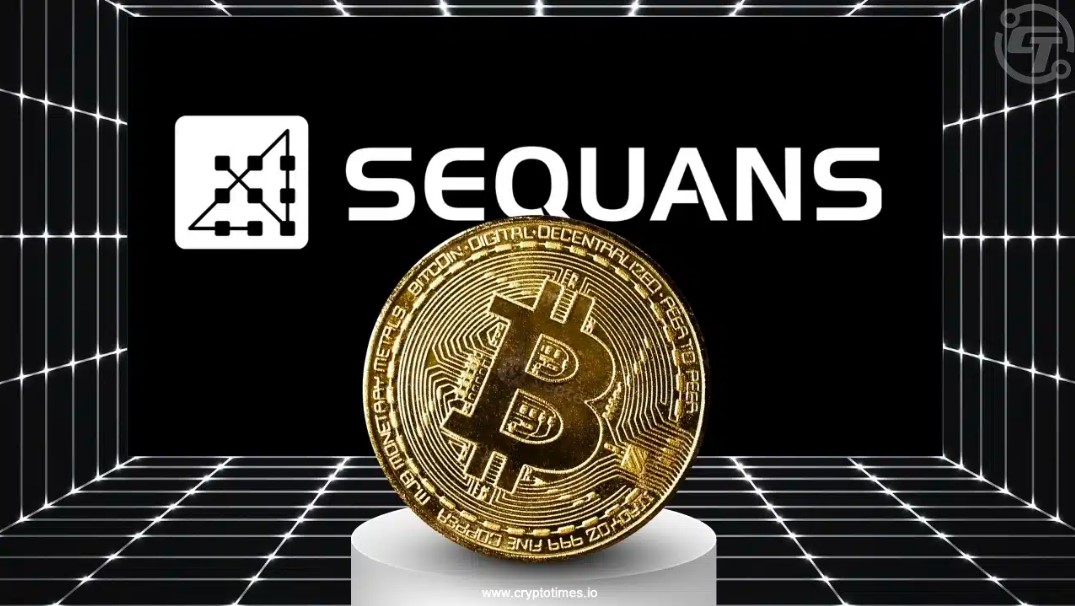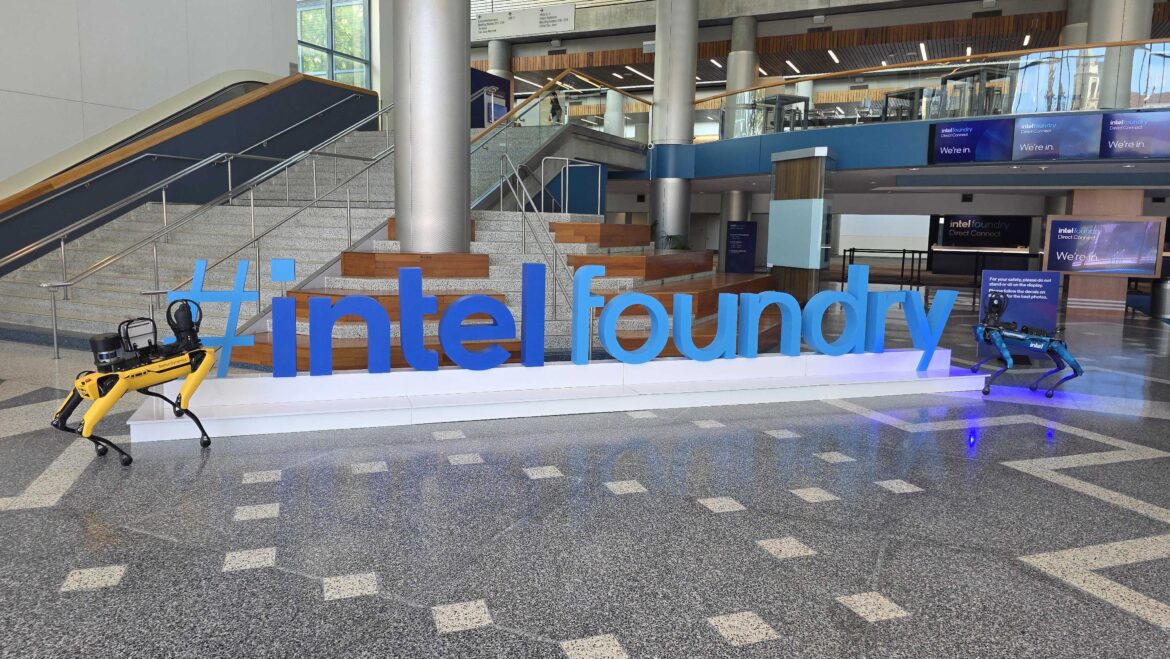Investment platform Republic revealed plans on Tuesday to tokenize shares of crypto venture firm Animoca Brands on the Solana blockchain, a move aimed at opening investor access through blockchain rails.
Animoca Brands, known for backing over 600 blockchain startups and projects, remains privately held with shares only traded in limited over-the-counter deals. Republic said its plan will create digital tokens that represent ownership in the company, which can be held in crypto wallets and traded on Republic’s own marketplace.
“This tokenization aligns strongly with Animoca Brands’ position as a Web3 leader, providing novel options for investors to tokenize and trade their holdings as well as broaden investment accessibility for a wider market,” said Yat Siu, executive chairman and co-founder of Animoca Brands.
The move could allow a wider, global set of investors to gain exposure to a private tech company without waiting for a traditional public listing. Tokenization, a red-hot trend to create blockchain-based tokens of traditional financial assets such as equity, is often touted as a tool for broadening investor access to assets previously limited to only a select few, proponents say. However, some private equity token offerings such as Robinhood’s drew concerns such as limited shareholder rights and fragmented regulations.
Republic said Animoca’s equity token will comply with existing regulatory requirements. Details on token pricing and launch timelines are expected later, the blog post said.
“This is a glimpse of the future, where retail investors worldwide can participate in opportunities once reserved for a few, and companies can tap into liquidity and distribution on a global scale,” Solana Foundation president Lily Liu said in a statement.
Read more: SEC Willing to Engage With Tokenized Asset Issuers, SEC’s Hester Peirce Says










